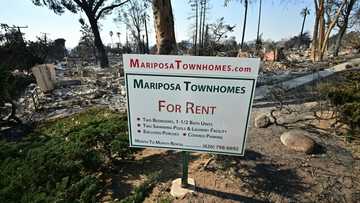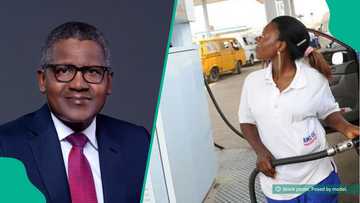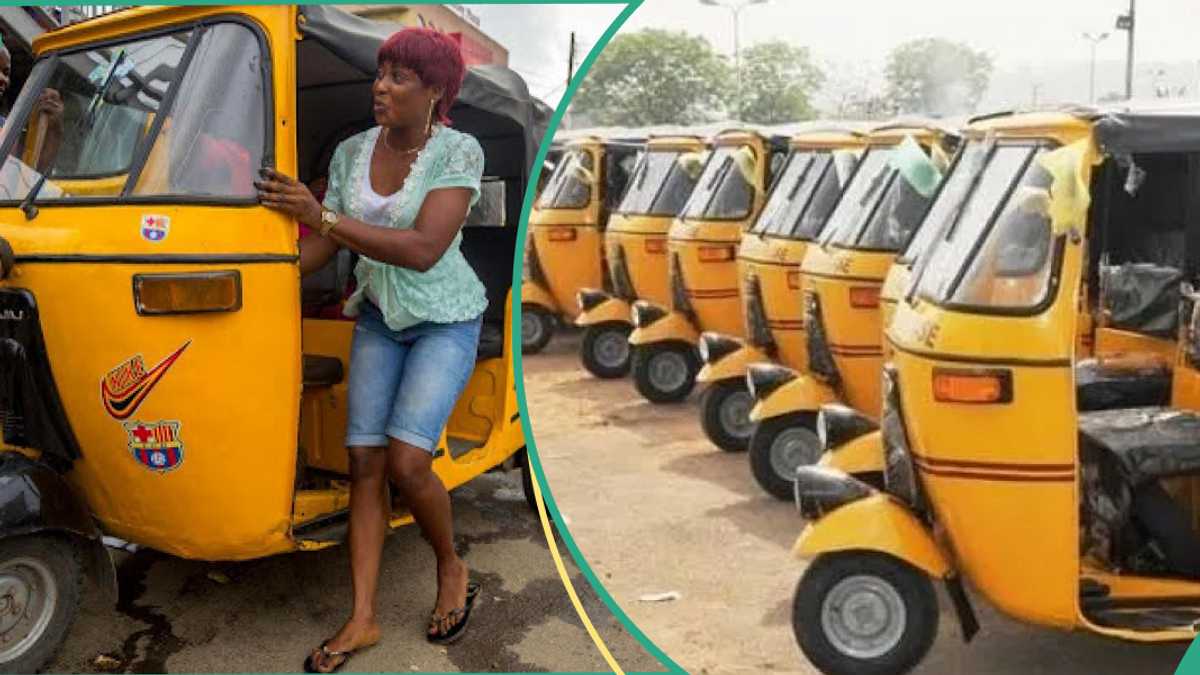The prevailing economic challenges in Nigeria have significantly increased the cost of acquiring a commercial tricycle.
Commonly referred to as Keke Marwa, these tricycles have served as a dependable means of transportation for passengers and a sustainable livelihood for operators across various parts of the country.
Keke tricycle price in Nigeria Skyrockets to N3.5 million amid economic hardship
Source: UGC
Keke Marwa rose to prominence between 1996 and 1999, following its introduction by the administration of Mohammed Buba Marwa, a former military governor of Lagos State.
Keke operators face challenges
Tricycle operators and aspiring owners now face a daunting challenge due to the sharp surge in the cost of the three-wheeled vehicle.
Currently, acquiring a tricycle through hire purchase reportedly costs around N6 million, while an outright purchase requires at least N3.5 million.
Just five years ago, these prices stood at N1 million for hire purchase and N600,000 for outright purchase.
The dream of owning a tricycle has become increasingly out of reach amid the prevailing economic difficulties.

Read also
Devastating LA fires expected to push up insurance premiums
Many prospective operators struggle with the steep hire purchase rates, as outright purchase of brand-new tricycles has largely become an unrealistic option.
Mr. Adekunle Johnson, a commercial tricycle operator in Lagos, explained:
“The higher purchase system is no longer favorable. Before, I could pay around N2,500 daily and still have something left for myself. Now, they demand N5,000 daily, which is unrealistic considering the current state of the economy.”
This situation has reportedly led to a decline in the number of operational Keke Marwa, as many operators are opting to sell their tricycles due to the rising maintenance costs.
Compounding the challenges faced by tricycle operators are the surging prices of petrol and the cost of maintenance.
Since the removal of fuel subsidies in mid-2023, petrol prices have skyrocketed, increasing from N185 per litre to over N1,000 in various parts of the country.
According to Uche Nwaogwu, a tricycle operator in the Ikotun area of Lagos, Keke Marwa relies heavily on petrol, and the sharp increase in fuel prices has significantly eroded operators’ profit margins.

Read also
Nigerians attest to long-lasting Dangote fuel, blast others for low-quality
He said:
“Before, I could fill my tank with less than N2,000 and work for the whole day. Now, I spend almost N6,000 daily on fuel, and passengers are not willing to pay higher fares. How are we supposed to survive?”
These challenges, combined with the soaring costs of petrol and vehicle maintenance, have reportedly driven many operators to abandon the transportation business that once provided a means of livelihood for their families.
PAY ATTENTION: Сheck out news that is picked exactly for YOU 
Source: Henzodaily.ng
